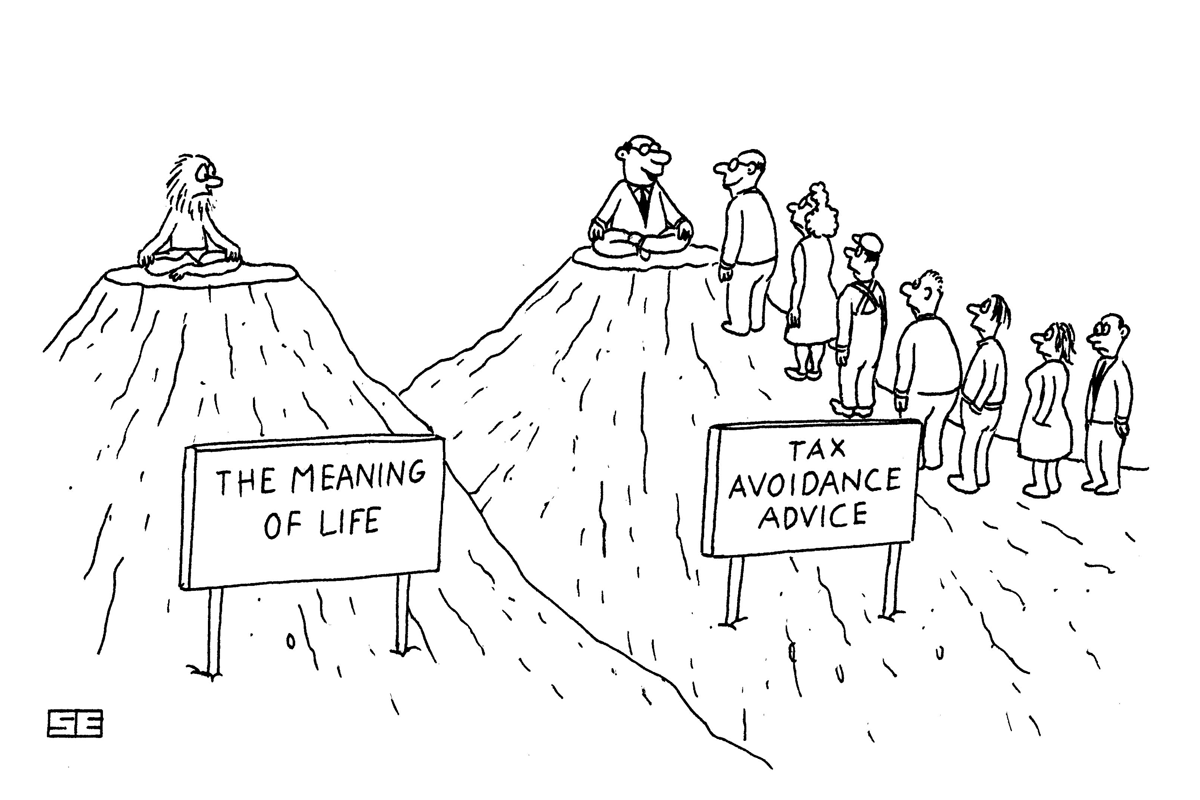Let me paint the scene. It’s Saturday night, I’m at a friend’s house with a group of mates as our children run inside and outside the house vaguely supervised. Our respective partners are all out, so we’re taking the opportunity for a beer, pizza and football night.
The discussion turns to work, with some general “How’s it going?” and “What are you up to’s?” One of my friends, let’s call him Patrick*, someone I have known since the beginning of primary school, is now a very successful international tax specialist.
With a lot of media coverage around global corporations’ profit shifting and tax minimisation strategies, I ask what he thinks of all this?
His response, “I helped set all that up, but it was a long time ago and it’s not my problem anymore.”
We can joke lightheartedly about a visit to jail as he has done absolutely nothing illegal. However, it seems that the ethical or moral questions from the impact of his work are of no concern to him.
It got me thinking – what is the legacy of our careers, and does it matter to us? (Perhaps the tax avoided could have been used for public health services, old age pensions or infrastructure.)
As a recruiter for more than 20 years, I have been involved in a broad range of appointments, from high profile CEOs to entry level graduates and many things in between. I’m pleased to say that most of those appointments would be described as successful, from senior appointments that have really impacted a business, an industry, even the economy, to long-serving employees who have been regularly promoted, as well as those who do a good body of work and then change employer for career progression.
I acknowledge that it’s my candidates who deliver the work once employed, but I take satisfaction from identifying their capability and potential, and introducing them to the right employer and role. Each successful appointment is a small legacy of my working life.
In a way, my work legacy is more indirect than my friend. Like most consultants, I complete an assignment, and then it is out of my hands as to whether it turns out to be successful in the long run. I keep in contact with both parties but can only minimally impact what happens from there.
In the modern digital economy where everyone wants a social media presence, I’m a bit more old-fashioned. I prefer to keep a lower profile and not make public everything I do (yes, I see the irony of this post), but I do think we should consider the impact of our work on those around us.
What do you think? Does a work legacy matter?
*Not his real name
Stephen is a Superannuation & Funds Management specialist with over 20 years experience recruiting for superannuation funds, fund managers, banks, wealth managers and other industry aligned businesses. Stephen has built extensive industry networks and has acquired deep knowledge of industry trends and the latest developments in the ongoing ‘war for talent’. This enables him to identify and engage passive talent and successfully complete a long list of search assignments for the organisations he partners with.

